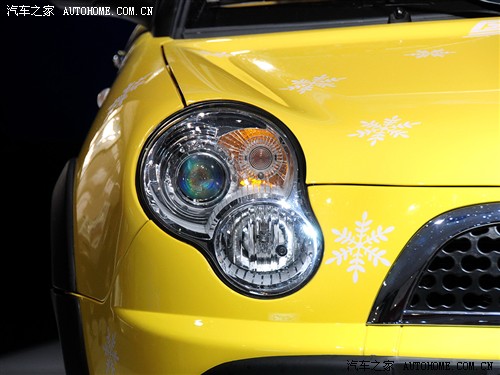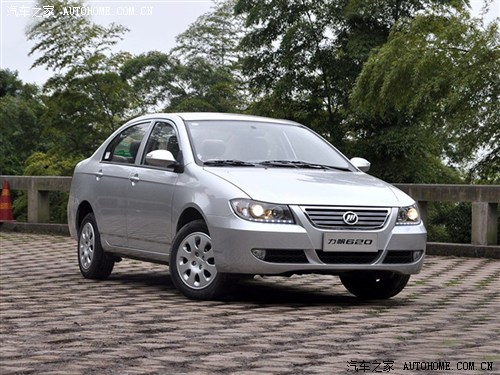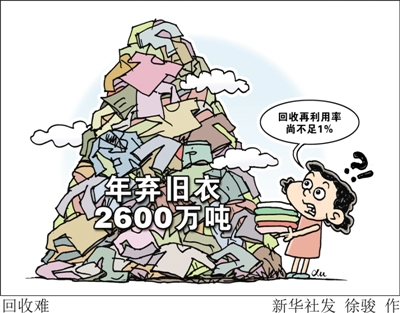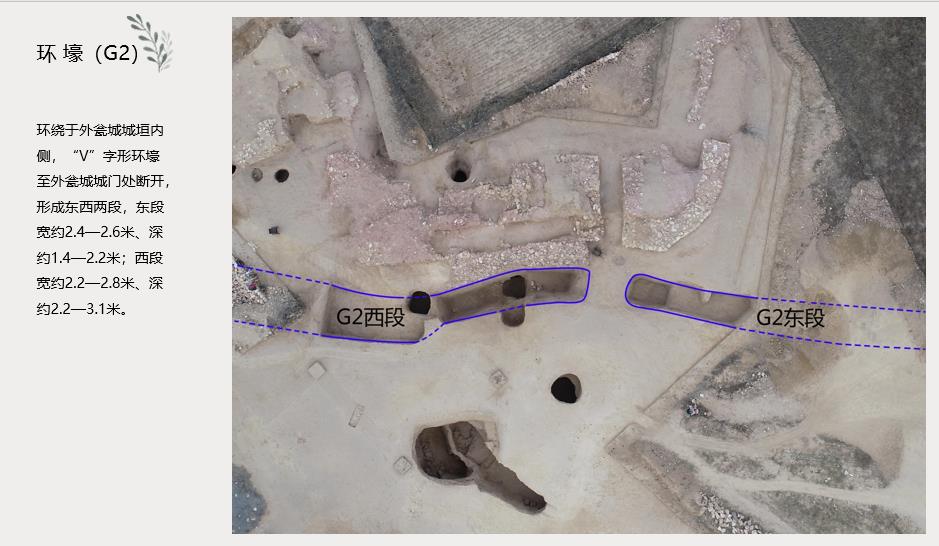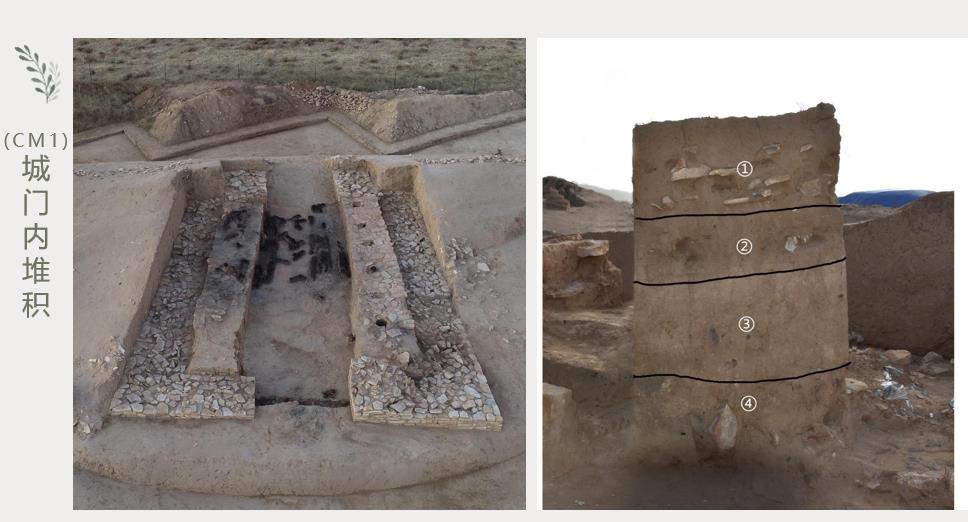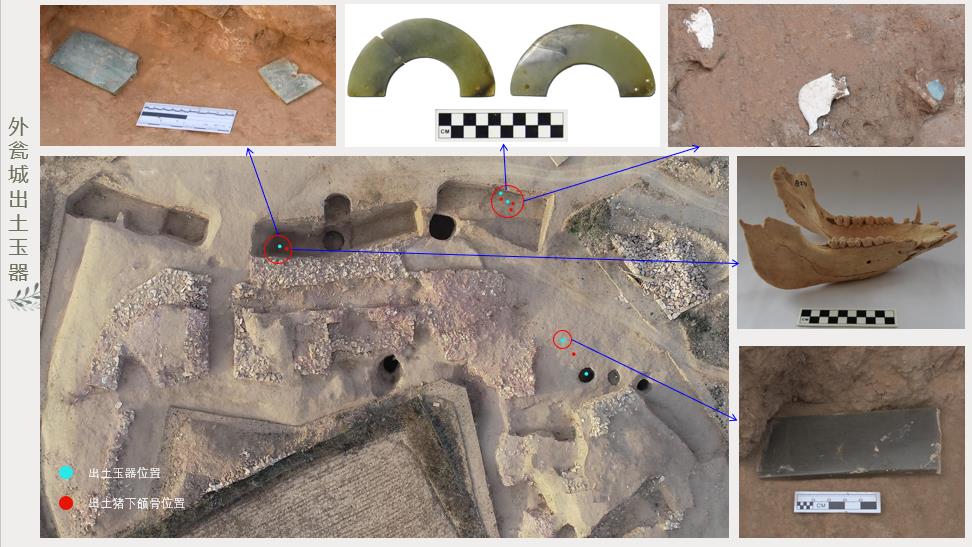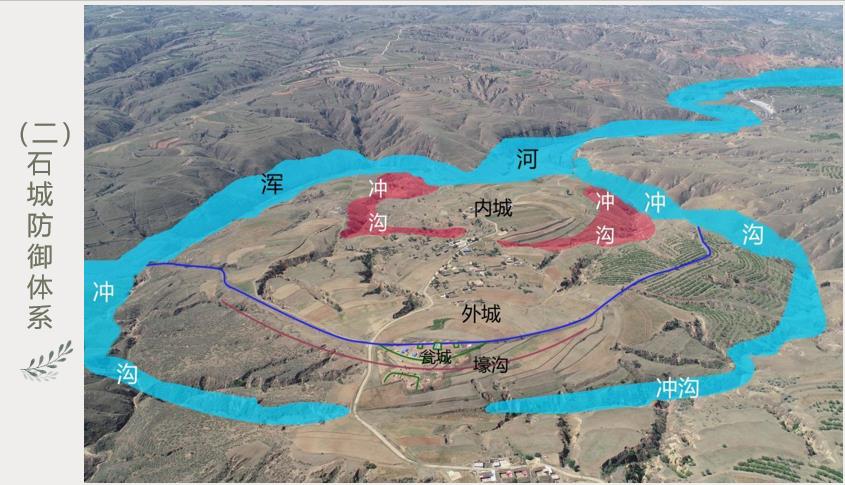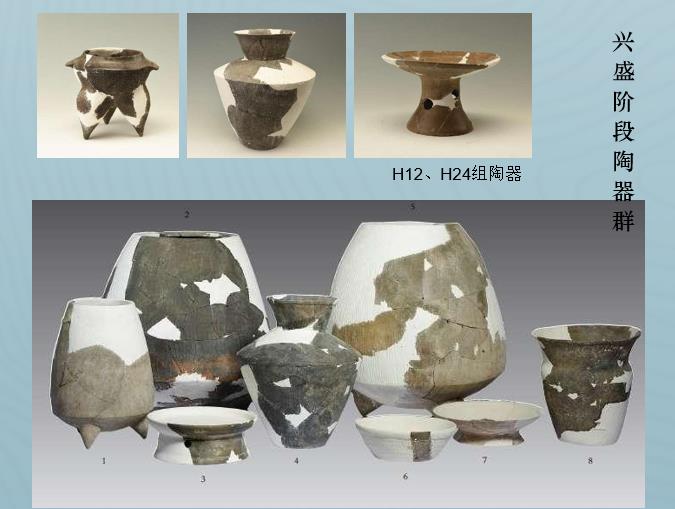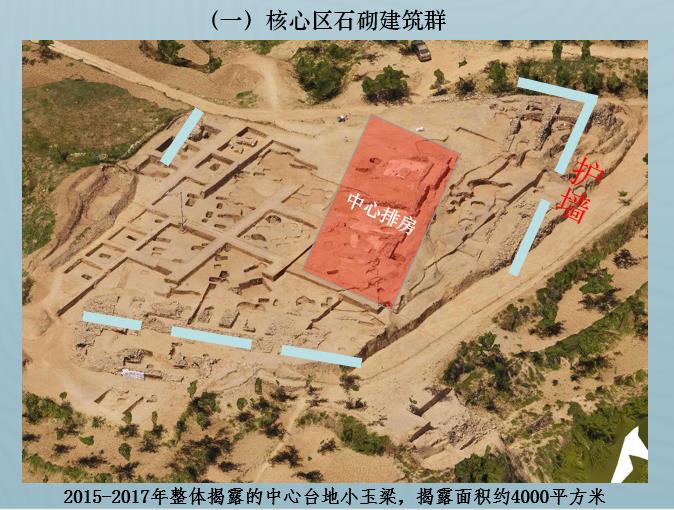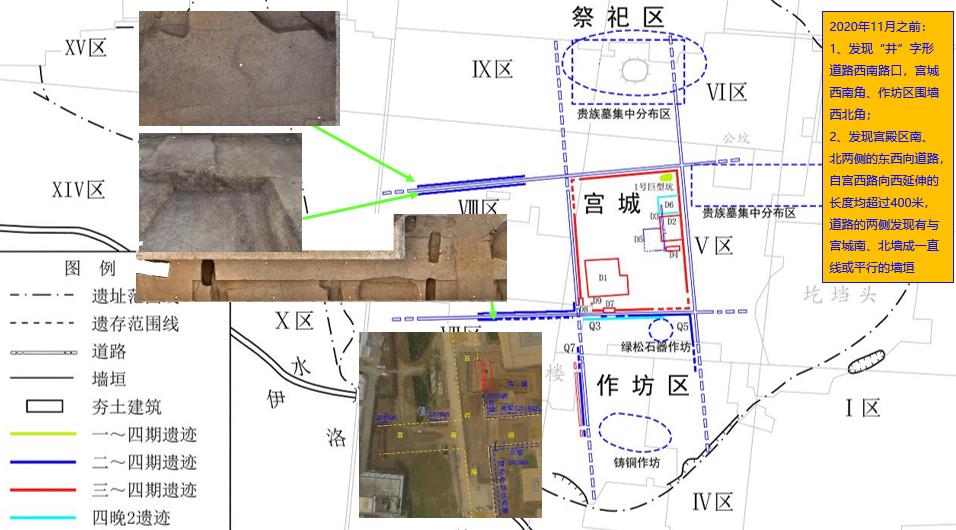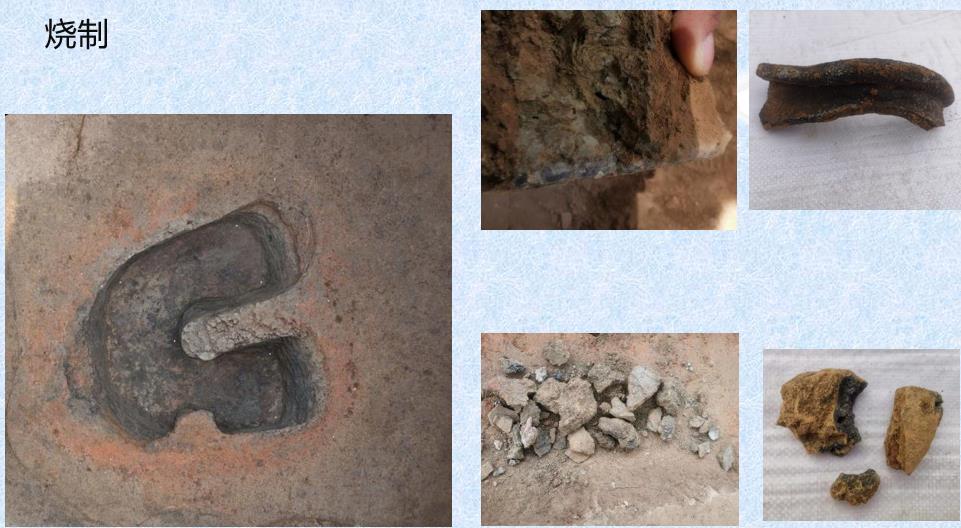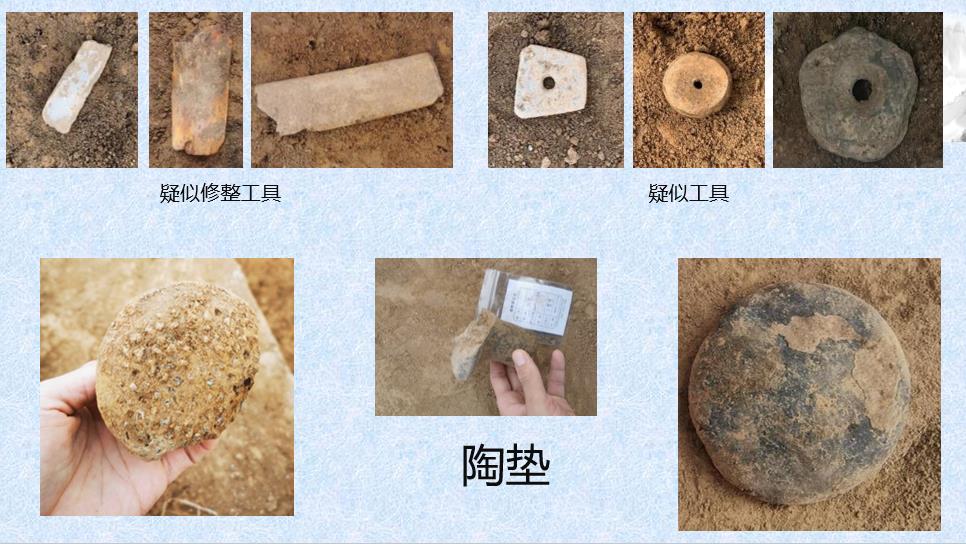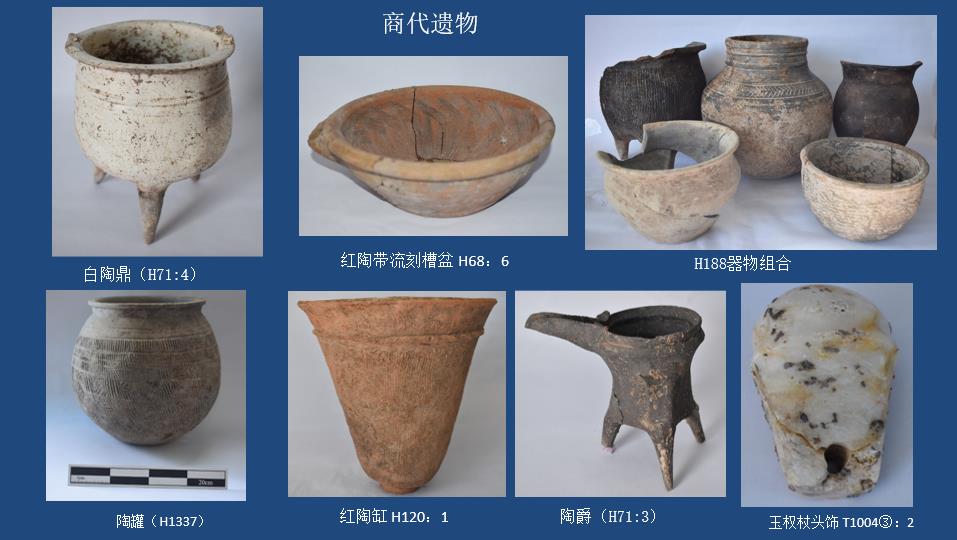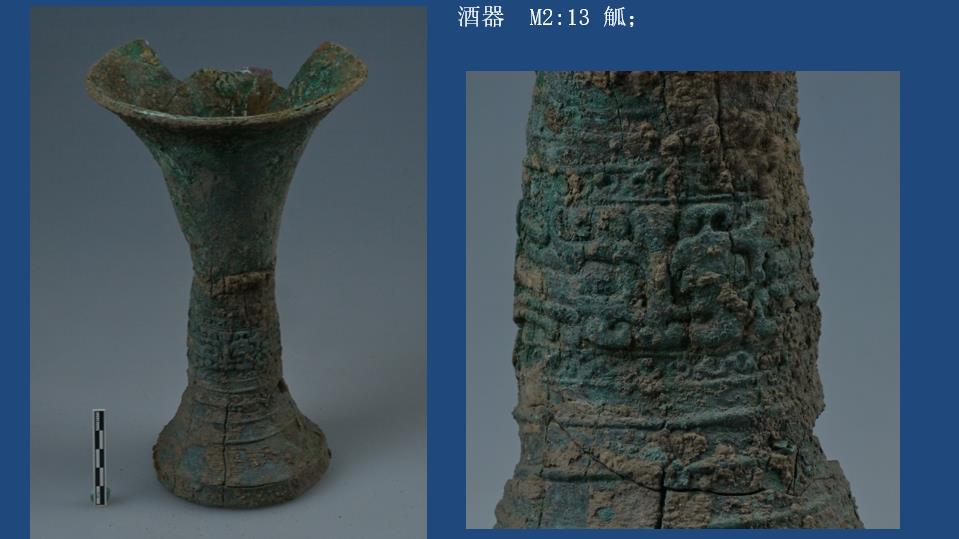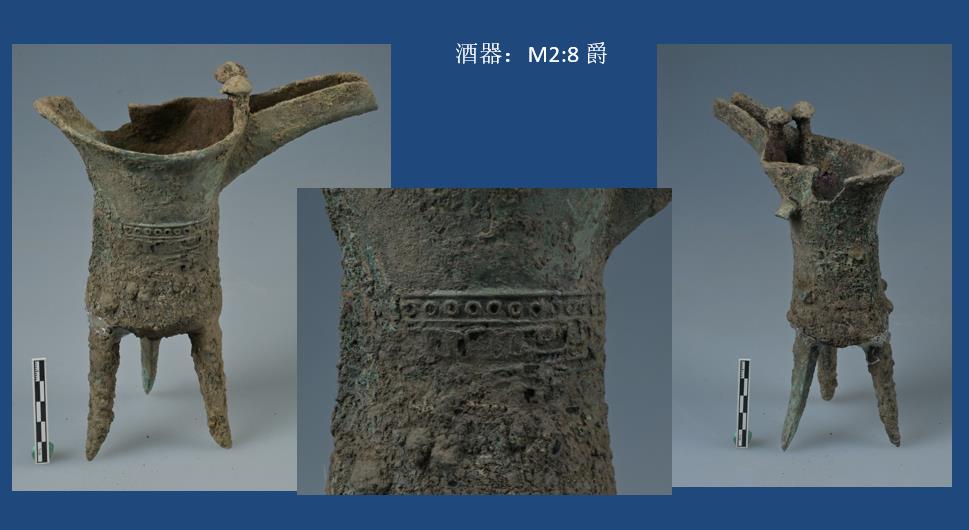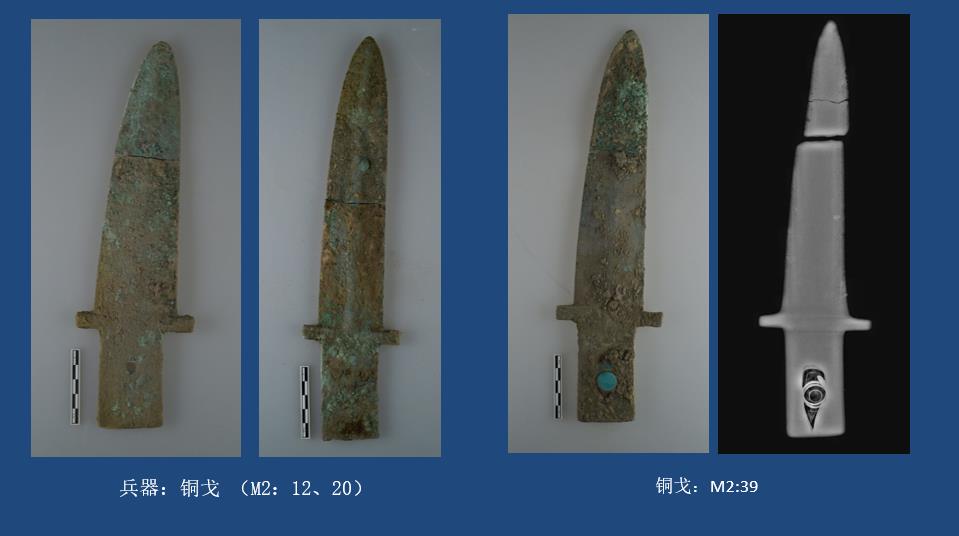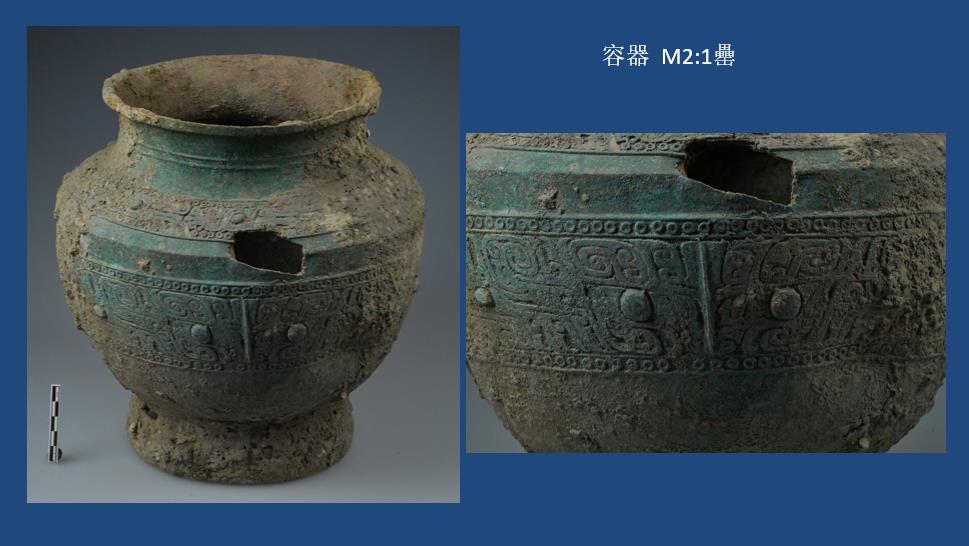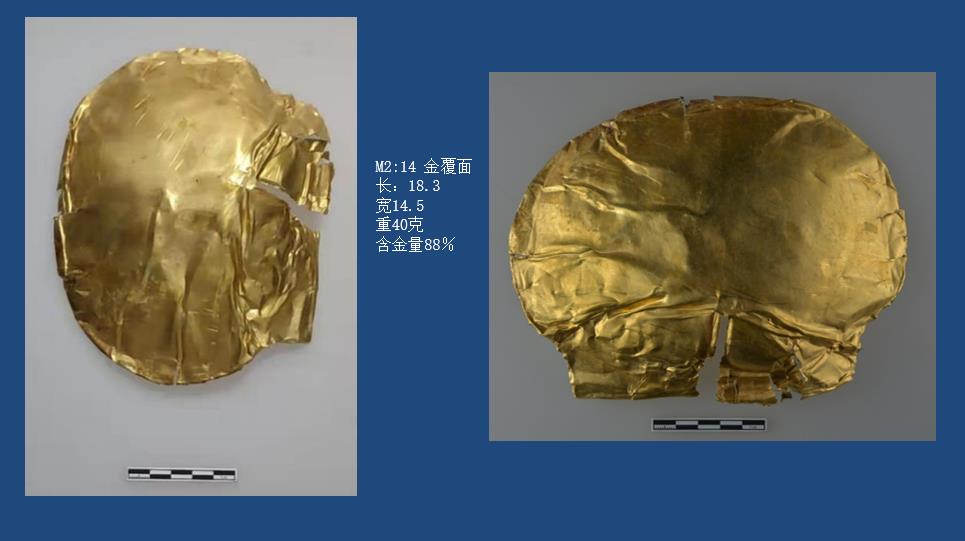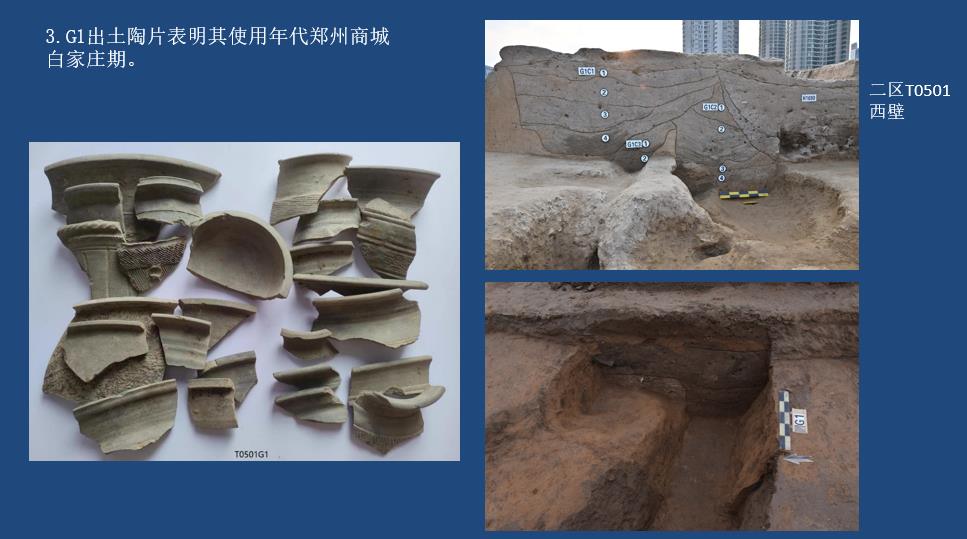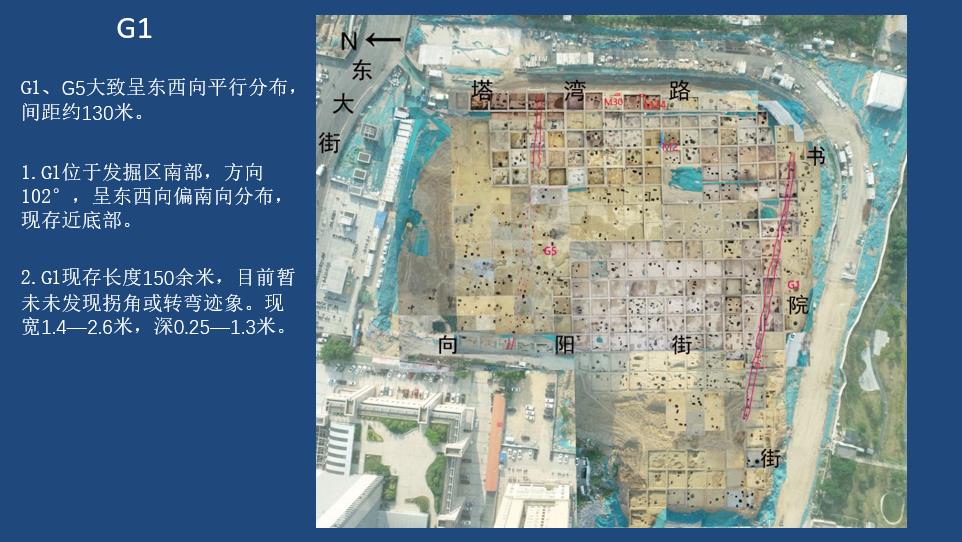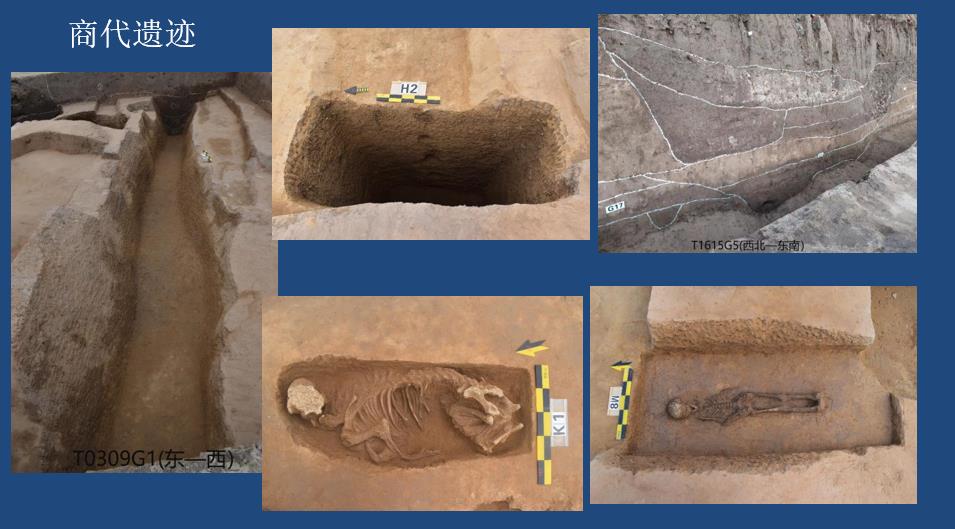BMW standard, global quality 2024 electric car worth looking forward to The new electric MINI will arrive as scheduled.
The new electric MINI is finally coming! In the recent list of the Ministry of Industry and Information Technology, a brand-new pure electric MINI appeared. As the first pure electric product of the next generation MINI family, the disclosure of the new electric MINI Cooper not only reveals that the new car is about to debut in China, but also more clearly highlights the brand essence that MINI will inherit after entering the electric age-the iconic minimalist design and kart-like driving pleasure.

From the era of fuel vehicles to the era of electric vehicles, many automobile brands are actively seeking changes, and MINI’s thinking is how to continue the classics in an innovative way and carry forward its own advantages, so we see the answer given by the new electric MINI!
Inherit the essence of the brand and make the electric MINI more MINI.
In the past 65 years, MINI, as a luxury brand with great personality and design sense, has never lacked the design elements that can be recognized at a glance. The classic car body proportion, the round elements that can be seen everywhere, and the "M-shaped flag" design all bear the core essence that the MINI brand has adhered to since its birth.

From the pictures released by the Ministry of Industry and Information Technology, we can see that the new electric MINI is familiar and refreshing. This is because the new car continues a lot of classic MINI elements, and it has the same body proportion as the family. At the same time, the advantages of electric vehicle architecture make its appearance more smooth, simple and modern, which is in line with urban positioning. In addition, the wheels of the new car are also placed at the four corners of the car body to the maximum extent, presenting a classic four-wheel four-corner design, which makes efficient use of the interior space and makes the control more agile and alert.
The front of the car inherits MINI’s iconic circular headlight design, and is matched with a striking new octagonal air intake grille, which strongly outlines the dynamic momentum of the front of the car. LED daytime running lights not only have three adjustable modes, but also can interact with people, showing welcome/farewell animation when turning on/off, and the interactive experience outside the car alone is full of ceremony.


On the side of the car body, the black threshold enhances the dynamic boldness of vision, visually reduces the height of the car body, and shows a more dexterous posture. The door handle is semi-concealed, which brings low wind resistance, but also takes into account the face value and the convenience of opening the door in winter. As always, the roof provides a variety of choices, such as white, red, black and gradient colors, which fully meets the DIY needs of users.
The brand-new rear design is definitely a bright spot, especially the innovative taillight outline still hides the "M-flag" element, which is full of rich British style. Combined with the simple and clear tail design, it is very refreshing. In addition, the matrix LED taillights also have three adjustment modes, which will greet you with familiarity.
In the interior design, the MINI brand design philosophy of "minimalism first" has been faithfully reproduced on the new electric MINI COOPER. On the classic Mini of that year, the designer only kept three basic elements-steering wheel, circular central display and lever switch, which constituted the purest design in the car, bold and simple. Now, the front area design of the new electric MINI fully pays tribute to this pure style, and vividly interprets the MINImalist characteristics of the mini with the same three basic elements.
Interesting and fascinating.
The interior of the vehicle not only follows the classic design philosophy, but also makes the interior more simple and refreshing through exquisite interior materials and innovative digital technology, creating a warm and interesting immersive experience.

As can be seen from the disclosed information, the modern two-color fabric of the vehicle interior adopts the knitting process specially developed by MINI, all of which are made of recycled polyester fibers, with diverse structures, excellent texture and easy care. For the first time, the large curved dashboard in the front row is made of renewable fabric, with two-color design, distinct layers and excellent feel, which can be customized for decoration and color matching. The seat is made of high-quality Vescin material, and all fabrics, fabrics and yarns used in the roof and floor are made of recycled materials. The door is also covered with exquisite fabric, and the multi-function buttons are integrated under the surface of the backlight fabric, showing exquisite style in the details.

In terms of digital experience, MINI, which is good at playing, takes the "simplification" and personalized skills to the extreme, raising the traditional driving interface to a new height. MINI has built the brand’s first circular OLED central display in the car, which is not only slim in shape, but also 240mm in diameter. This high-resolution touch screen integrates rich functions. In particular, there are eight "experience modes" that people can’t put down-initial mode (Core), Go-Kart mode, energy-saving mode (Green), relaxed mode (Balance), nostalgic mode (Timeless), customized mode (Personal), party mode (Vivid) and nomadic mode (Trail). Each mode has its own specific user interface design. What is even more amazing is that the entire dashboard can present colors and patterns that match the selected experience mode through the "magic of light", which makes the interior atmosphere full.
What the mind yearns for is not only the graceful interior style and full-featured digital function, but also the MINI has this innate advantage in driving. As we all know, MINI’s outstanding kart-like sports characteristics bring a direct, powerful and dexterous driving experience, which has always made a lot of MINI powder "top". Now, based on the pure electric drive architecture, with the addition of factors such as lower center of gravity, more outward expansion of four wheels, and faster power output, the driving interest of the new electric MINI has become more prominent, and it has fully verified the sentence "You can always trust the adjustment of BMW".
The BMW Group has also provided sufficient endorsement for the outstanding quality and luxurious texture of the MINI family. Even in the era of electrification, a wide variety of R&D tests are still the only way before the mass production of new MINI models. Extreme cold test in winter, high temperature test in summer, high humidity test, high altitude test, track test, endurance test, charging test, etc., are extremely rigorous and repeated tests and verifications, only to ensure the reliable performance of pure electric drive, and more outstanding MINI classic driving interest.
Stepping into the electric age, MINI has not gone with the flow, but has been constantly exploring its own characteristics, and it has been continuously glowing with a long brand history, unique fan culture and unique product characteristics. So we have seen that MINI has brought the most unique brand-new category and brand-new vitality to the electric vehicle market, and has shown us the perfect electrification transformation of traditional car companies with practical actions.

